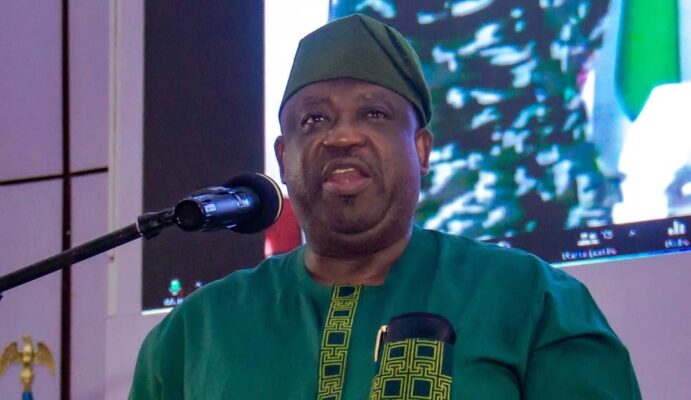Former Commander of Operation Safe Haven and Chairman of the Plateau State Special Fact-Finding Committee, Major General Rogers Nicholas (rtd.), has urged governments at all levels to adopt grassroots-led security reforms and enforce Plateau State’s Anti-Land Grabbing Law to address persistent violence in the state.A Plateau State security panel led by Gen. Rogers Nicholas (rtd.) urges enforcement of the Anti-Land Grabbing Law and grassroots reforms to tackle rising violence, land disputes, and farmer-herder conflicts.
Speaking at a security conference in Abuja organized by the House of Representatives Ad Hoc Committee on Plateau Security, Nicholas said the crisis is fueled by a mix of ethnic tensions, land disputes, open grazing conflicts, poverty, youth unemployment, illegal mining, and a weak justice system.
“One of the main triggers is the cycle of reprisal attacks between farmers and herders,” he noted, adding that during his time as commander, trust-building efforts like town hall meetings and local compensation schemes helped reduce tensions temporarily. However, most of those efforts ended after his tenure.
The committee’s recommendations include creating Peace and Security Committees in every community, enforcing the Anti-Land Grabbing Law, establishing designated grazing areas, and strengthening penalties for crimes like cattle rustling and farmland destruction. He also called for an interstate joint task force and better rural communication systems for quick response to threats.
Chairman of the House Committee, Hon. Wale Ahmed, reaffirmed the National Assembly’s commitment to finding lasting solutions. He noted that 237 letters were sent to stakeholders across Plateau, with 47 responses received so far from groups including CAN, Miyetti Allah, traditional councils, and security agencies.
Ahmed said the committee also consulted former Governor Joshua Dariye for historical context and will continue engaging with civil society and traditional rulers to ensure its final report reflects the will of Plateau’s people.




